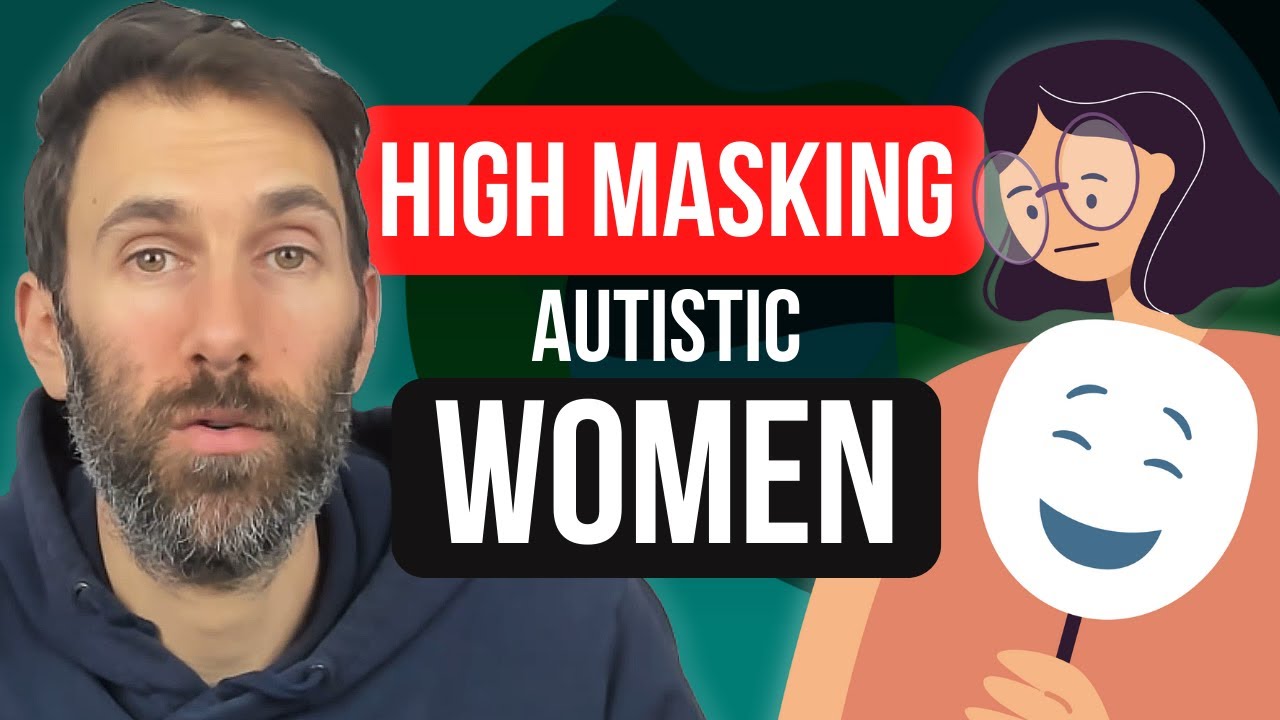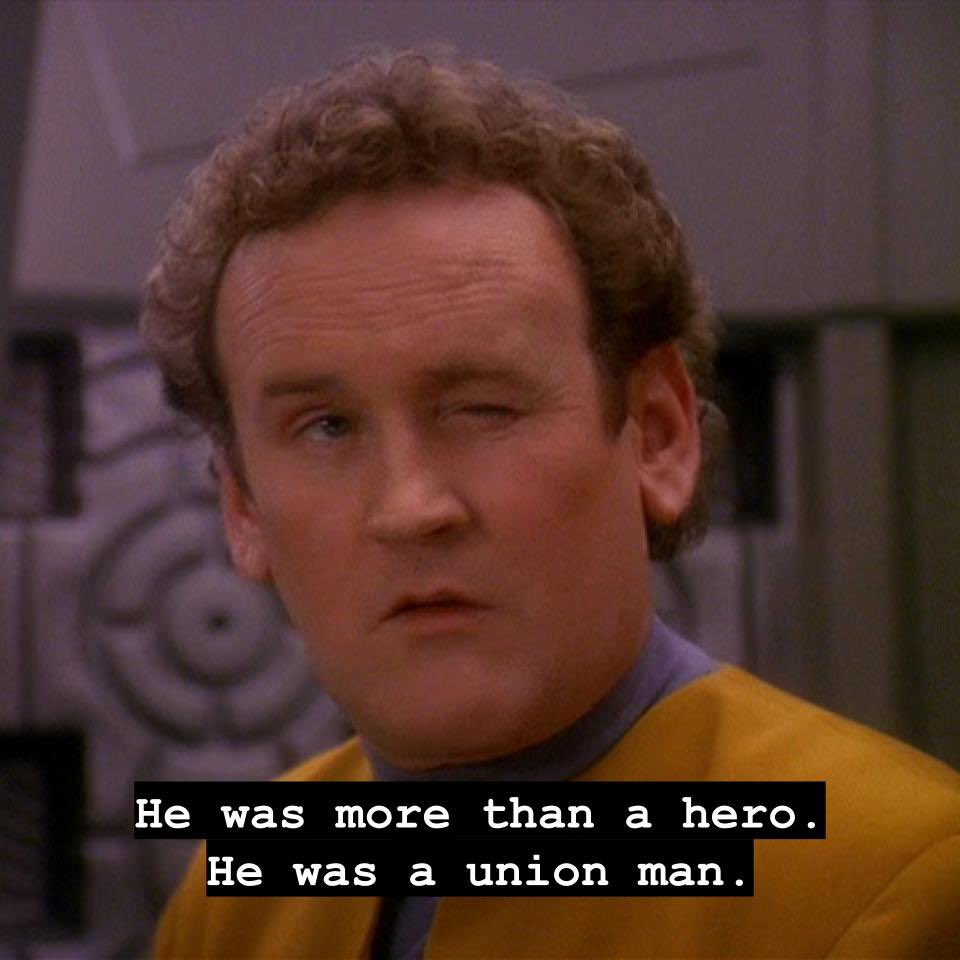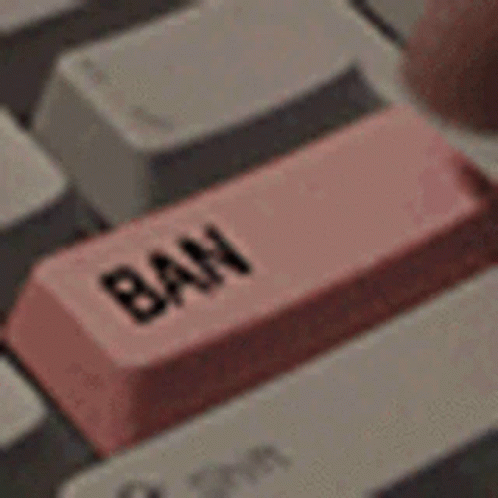I think that this video has helped me develop some insight on how to spot high-masking autism, not just among women. I found a lot of the material covered in the video relatable even though I am male. Maybe that has something to do with our elevated rejection of established gender roles as a whole. Regardless, I like how rather than listing concrete signs, he gave a list of patterns that would be common to masking autistic women (I believe all genders, really) in a manner that could still be easily noticed. This also helped me understand that the cause of some autistic traits are not fundamental, but rather a result of masking. 🤯
Aside from the signs of masking autism, the ending hit me emotionally. He validates something that no one has really validated for me. I’ve been told my entire life that I was too much, not enough, or purposely trying to violate rules and norms out of some moral or character failing. It’s like I wanted to be careless/offensive or a loser. However, when he covered how much effort we put into masking and that it takes a lot of energy to do, I felt a validation I don’t remember ever experiencing. It’s like someone said, “I believe you’re doing your best.”
He also elaborates on the impact of when we tell someone that we’re autistic or have difficulties in certain areas and they invalidate it by saying that we’re not autistic or that we function normally. He then posits that when we unmask, we need others to validate that experience. I think that statement was not only directed at us, but others that have autistic people in their lives. I plan on using that to guide who I continue to allow in my life. If I need to mask or am invalidated by someone when I unmask, then they’re not a good fit for me, so I will interact with them less.
I hate this. I haven’t watched the video but the idea that someone will watch me to try and come to the same conclusion as a team of psychology graduates and doctorates is asinine. “But how are we supposed to give them allowances like being patient or kind?” Do that for everybody, don’t try to diagnose someone that isn’t open enough to tell you. I’m not a woman, but I am diagnosed and the premise of this video just makes me say no.
Oh wow, the title of this video is really doing it a disservice. The title leads me to believe it’s about how to spot autistic people who are trying to blend in. It’s about masking. I agree with pretty much everything he says.
But damn, that title… Please do not try to unmask somebody.
Just like when straights talk about having gaydar
Except that the guy in the video has autism.
Sponsored by BetterHelp 🤮
I’m not able to watch the video until I get home today, but I am a high functioning autistic women. I have been told SO MANY times I can’t be autistic. Not that I don’t act like I have autism, not that I don’t seem autistic, that I can’t be. It isn’t until poeple see what work and socializing takes out of me that they truly understand I am autistic and how much WORK goes into appearing to be normal so I can keep my job.
That sounds exhausting and invalidating. I am interested in hearing what you think about the video once you watch it.
I think he pretty much nailed how it feels to be autistic, at least for me. Really great skills in some areas and then absolutely terrible skills in others. How exhausting masking is. I think I only ever unmask when I am alone. It scares me to ask where do I end and mask begins? I’m not sure I know anymore.
deleted by creator
Women with autism are often much better at masking because social expectation from a young age force them to hide it. Autism diagnosis in women are also often dismissed, as autism has typically been seen as a “boy affliction”.
I think women are specifically being addressed because many are forced to mask the hardest since they were very very young. Like “hey, women, I see you. You don’t need to mask. We see you.”
It’s almost like… a permission. And that can be nice sometimes.
Judging from the stories of autistic women who are in my life, as well as stories I’ve read online, there seems to also be the issue of being heard or taken seriously when attempting to get diagnosed or treated. This is on top of societal or gendered expectations which makes masking that much more of a challenge to maintain.
One of my closest friends had to stop seeing their therapist because she would leave her sessions crying and was only able to improve her mental health by refusing to visit that therapist again. Another really close friend had a doctor that kept prescribing the same medication to her even after stating multiple times at multiple visits that the medication was causing her suicidal thoughts.
In comparison, as a male myself, I was able to walk in, tell them why I thought I had ADHD and later autism and was able to walk about with prescriptions or a plan of action within the same visit.
I do think the the video spoke broadly enough that it could be informative about autism in general and could have added a bit more context to align the title with the video content.
Yes. Absolutely. It’s such a shit thing, isn’t it?
Like in the olden days, if women acted just a tad too “off”, they were dismissed with a diagnosis of “female hysteria”. Turns out, doctors are still doing that to this day, just quieter.
It’s agonizing. Doctors are a pain. I’ve been very lucky these past few years to finally have doctors who believe me (or maybe it’s because I’m older now…). I’ve had a click in my shoulder for decades, and it’s only being looked at now, when I’m almost 40.
I still can’t find mental therapy though, because my insurance is very bad and no therapist wants to deal with it.
Just because it is more commonly, or more intensely seen in women, doesn’t mean it can’t be observed in men. That said, since it concerns women more often, it makes sense the video is directed at them.
Same goes for other aspects. For example, male type anxiety. Most commonly seen in men, but possible in women too. And some men show classical anxiety symptoms rather than the male type.
We’ve really gotten to the point where everything and everyone is autism in our culture and media. Being accepting is one thing, but this is exactly the sort of muddying waters that I hoped we could avoid. This will make it harder for proper care and help to be made available to the ones who need it the most.
Damn, you’re right. We wouldn’t want to humanize people with autism, now would we?
If it becomes undiagnosable because it’s too vague to differentiate with or without, then treatment and accessibility options will become unobtainable. Leave the medical science to the doctors, kids. You don’t need to be armchair diagnosing potential partners.
I think you misunderstood what he is saying. Maybe read it again. Not everyone who says they are autistic is actually autistic. It’s a diagnosis made by a doctor.
I think today it’s more and more common that young people just try to decide what they are themselves, and gets surprised when doctors don’t agree with them. It’s like if I would decide that im color blind despite being able to see all colors just fine.
Did you comment based only on your interpretation of the title?
I think I’m having trouble understanding your statement. Can you explain how this video results in everything and everyone in culture and media being about autism?
Not really about the specific video but rather the video in the larger context of these communities. Labelling signs of autism is armchair diagnosis. Civilians shouldn’t be deciding what factors dictate autism or not autism.
Ah, that makes sense. I think part of the author’s intention is possibly to help educate people that aren’t familiar with autism on signs that someone might be autistic but doing a good job at masking it. So that when someone that has been diagnosed with autism spectrum disorder comes out to them, the other person doesn’t invalidate the diagnosis, identity, or efforts the autistic person makes to function in normal society. I’m almost certain that the author of the video is not trying to help laypersons diagnose others (check out his channel if you’re interested in looking into it further). While I think that the info in the video may help some individuals develop some possible insight into uncommon behaviors, I believe a legitimate ASD diagnosis can only be provided by a trained specialist.
My sister was diagnosed with autism before transitioning but she hasn’t “seemed autistic” since transitioning. I don’t know if it was a misdiagnosis of gender dysphoria or if it’s something that she really has. She is very fixated on trying to force other autistic people into passing so it makes sense that she would learn to hide it.










